Covid vaccines: Switzerland violated international law, says UN committee
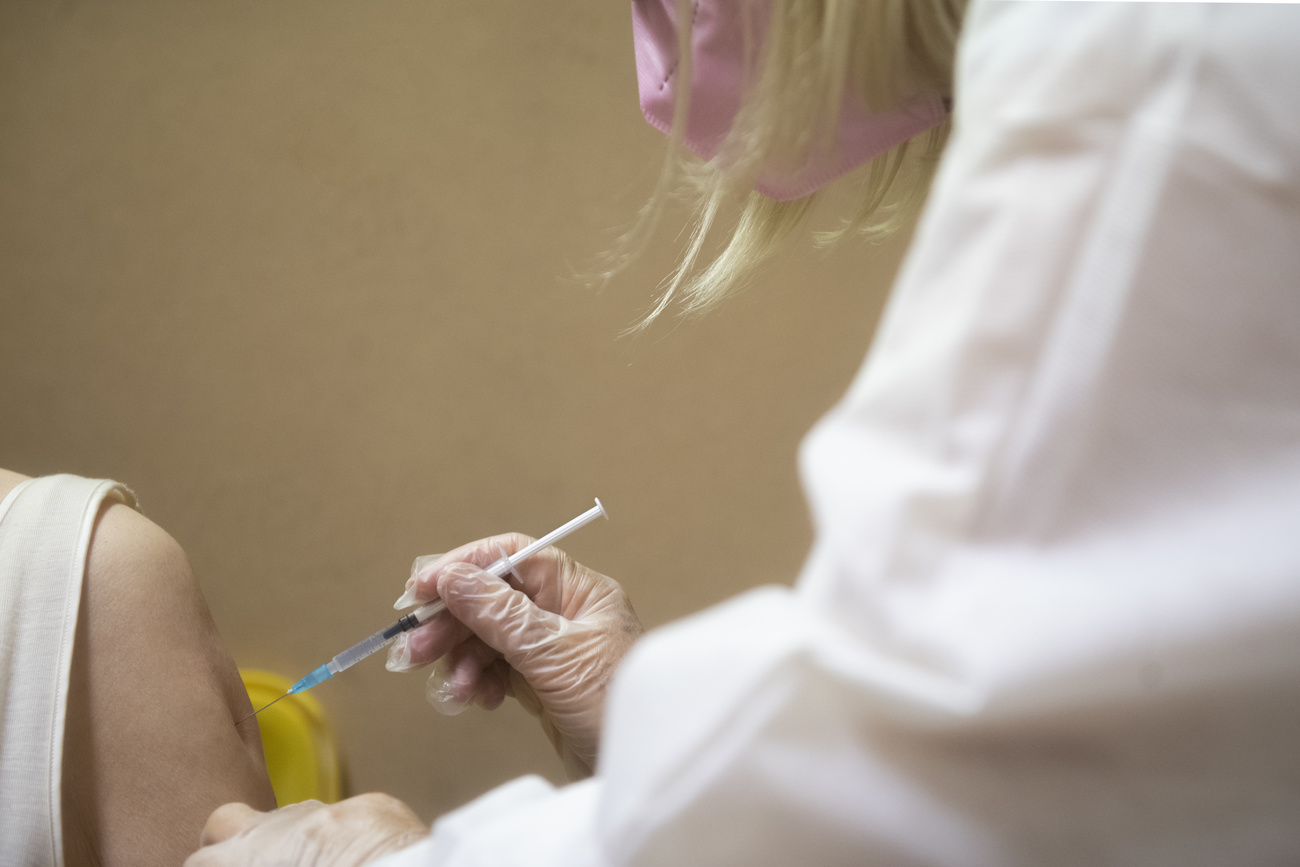
Switzerland and other western countries violated international law by refusing to remove intellectual property rights from vaccines against the coronavirus, said a United Nations committee. They failed to honour their commitments in terms of guaranteeing non-discrimination.
In a decision taken on Wednesday and made public in Geneva on Thursday, the UN Committee on the Elimination of Racial Discrimination (CERD), which does not speak on behalf of the UN, also attacked the United States, Britain and Germany. Although the World Health Organization (WHO) lifted its maximum alert a few months ago, the CERD shares the WHO’s view that Covid-19 remains a major public health problem.
In its view, minorities and groups exposed to violations of the Convention against Racial Discrimination have been most affected. In several developing countries, less than 1% of the population has received at least one booster dose of the Covid vaccine.
However, the proportion worldwide is as high as one third, the Committee said. “The current challenges of inequality can be significantly mitigated by sharing access to intellectual property rights” on all anti-coronavirus technologies, it said.
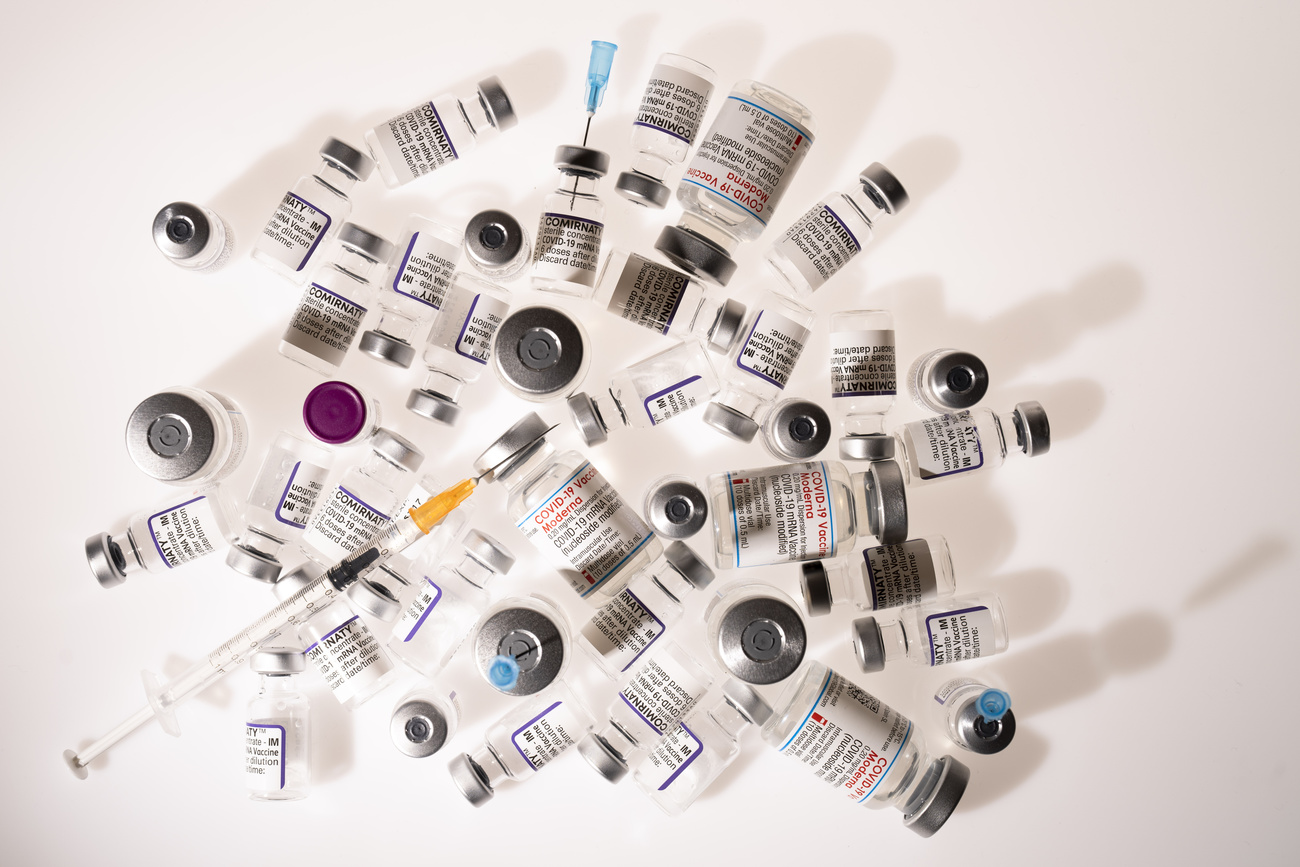
More
Covid vaccine doses go to waste in Switzerland amid huge stockpile
However, Switzerland and other countries had agreed at the World Trade Organization (WTO) to a provisional lifting of patents on vaccines for five years, but only after a two-year pandemic. By then, the populations of these countries had largely been immunised with at least one booster dose. Production was sufficient to meet demand.
Difficult discussions at the WTO
Under pressure like others for many months, Berne had always defended the protection of innovation by pharmaceutical companies. It had also taken the view that lifting patents would not make it possible to manufacture an additional dose of vaccine. In its view, the problem lay more in the infrastructure for distributing vaccines in developing countries.
The UN Committee and a number of governments would like to see this issue included in the next treaty on pandemics to be discussed at the WHO. Many western countries, including Switzerland, reject this scenario. In their view, intellectual property should be discussed at the WTO.
In the agreement reached at the WTO ministerial meeting in June 2022, the countries undertook to continue negotiations to extend the lifting of patents to other technologies to combat the coronavirus, particularly medicines and tests.
However, the six-month deadline could not be met, and the negotiations remain deadlocked. The United States has launched an investigation to find out more about the challenges associated with this extremely difficult issue.
Call for a strict mechanism
Pending the results, which are not expected before October, no progress can be made. This issue will be one of those on the agenda at the next WTO ministerial meeting next February in Abu Dhabi.
The CERD’s decision was supported by the UN Special Rapporteur on Racism and Racial Discrimination. These independent experts are calling on governments to place human rights concerns at the heart of their policy on the coronavirus.
They want a stricter mechanism for lifting patents in the event of a health crisis. And the CERD is asking them to help developing countries achieve the minimum medical conditions expected to deal with international health emergencies.
This news story has been written and carefully fact-checked by an external editorial team. At SWI swissinfo.ch we select the most relevant news for an international audience and use automatic translation tools such as DeepL to translate them into English. Providing you with automatically translated news gives us the time to write more in-depth articles. You can find them here.
If you want to know more about how we work, have a look here, and if you have feedback on this news story please write to english@swissinfo.ch.

In compliance with the JTI standards
More: SWI swissinfo.ch certified by the Journalism Trust Initiative









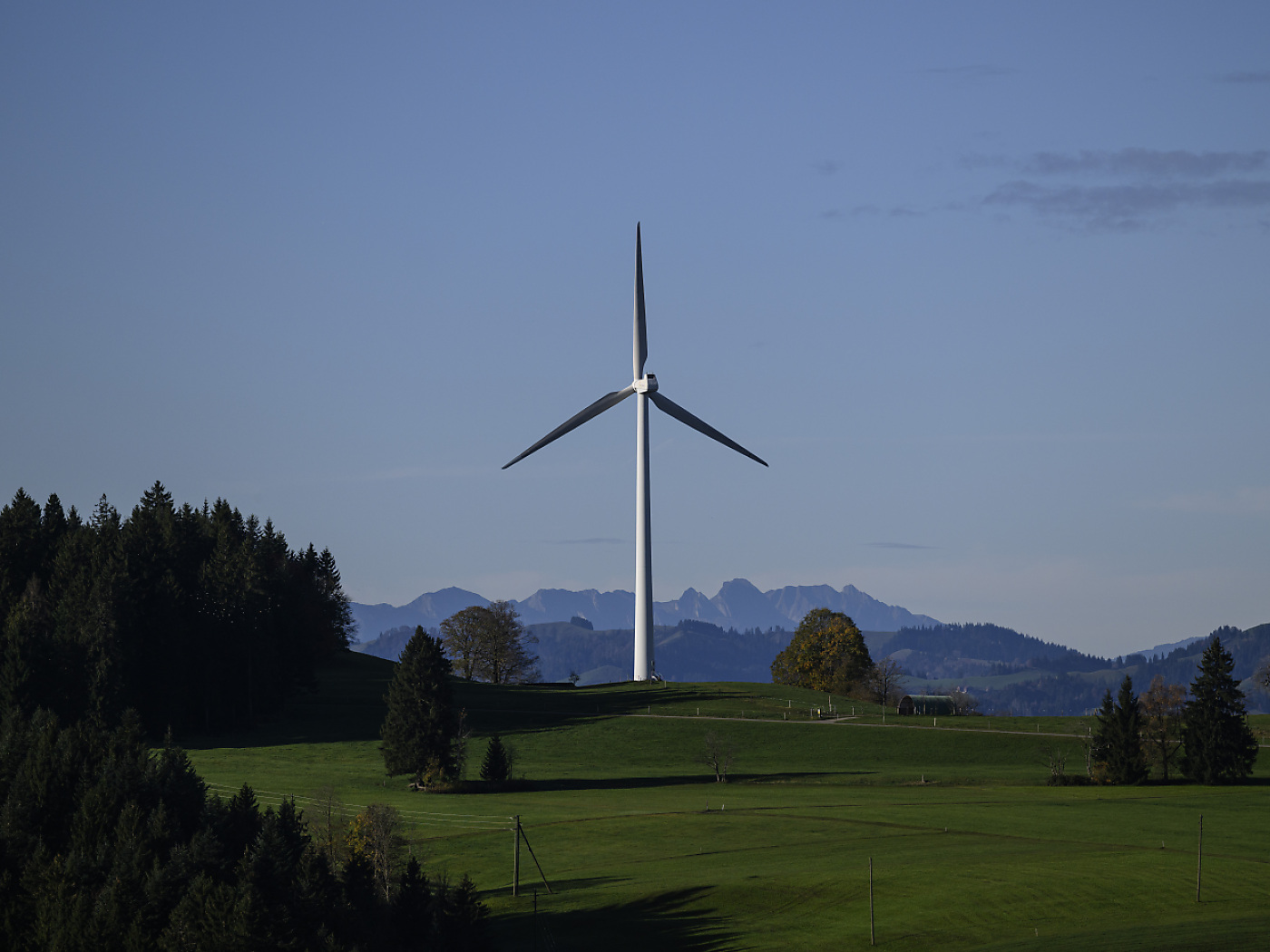

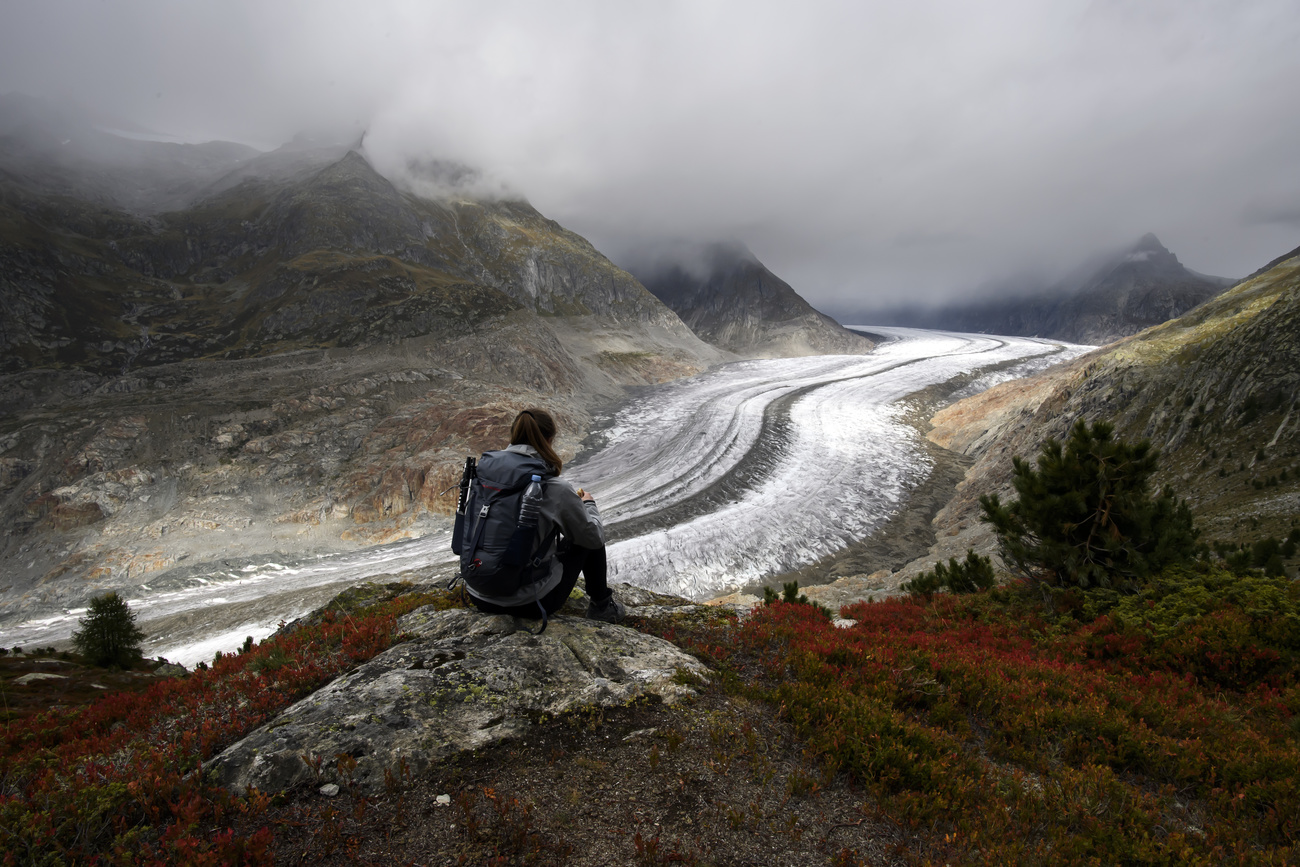
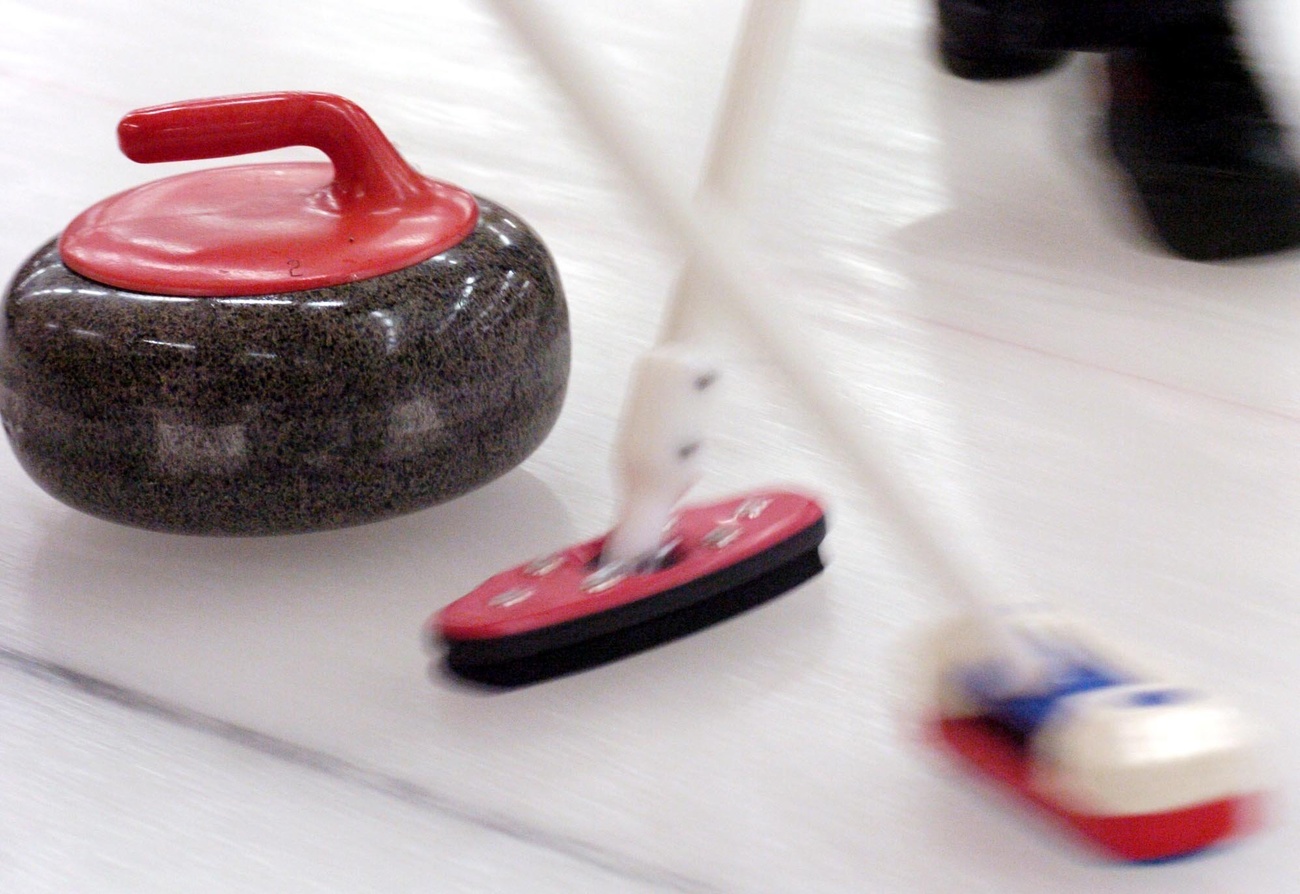



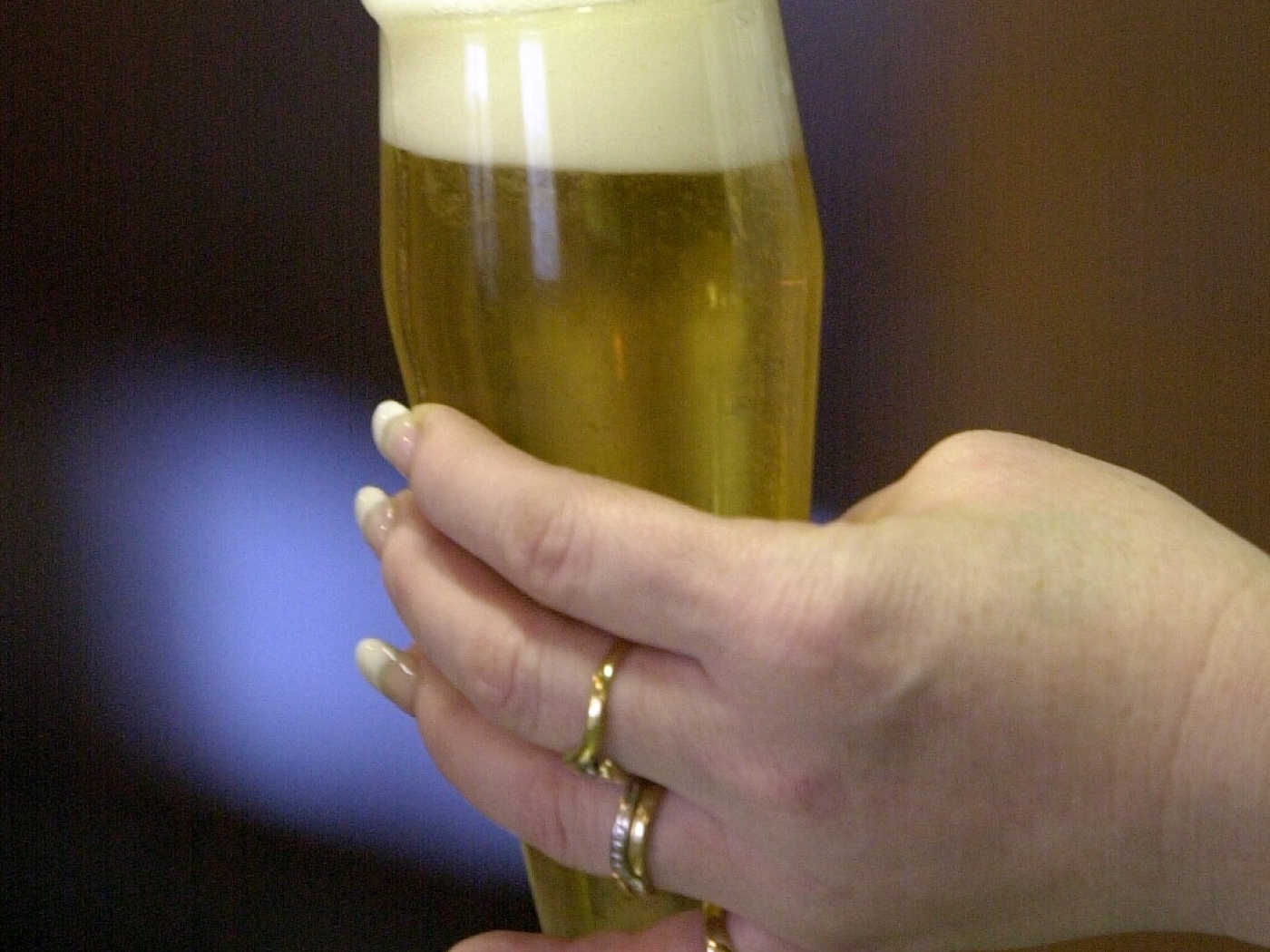
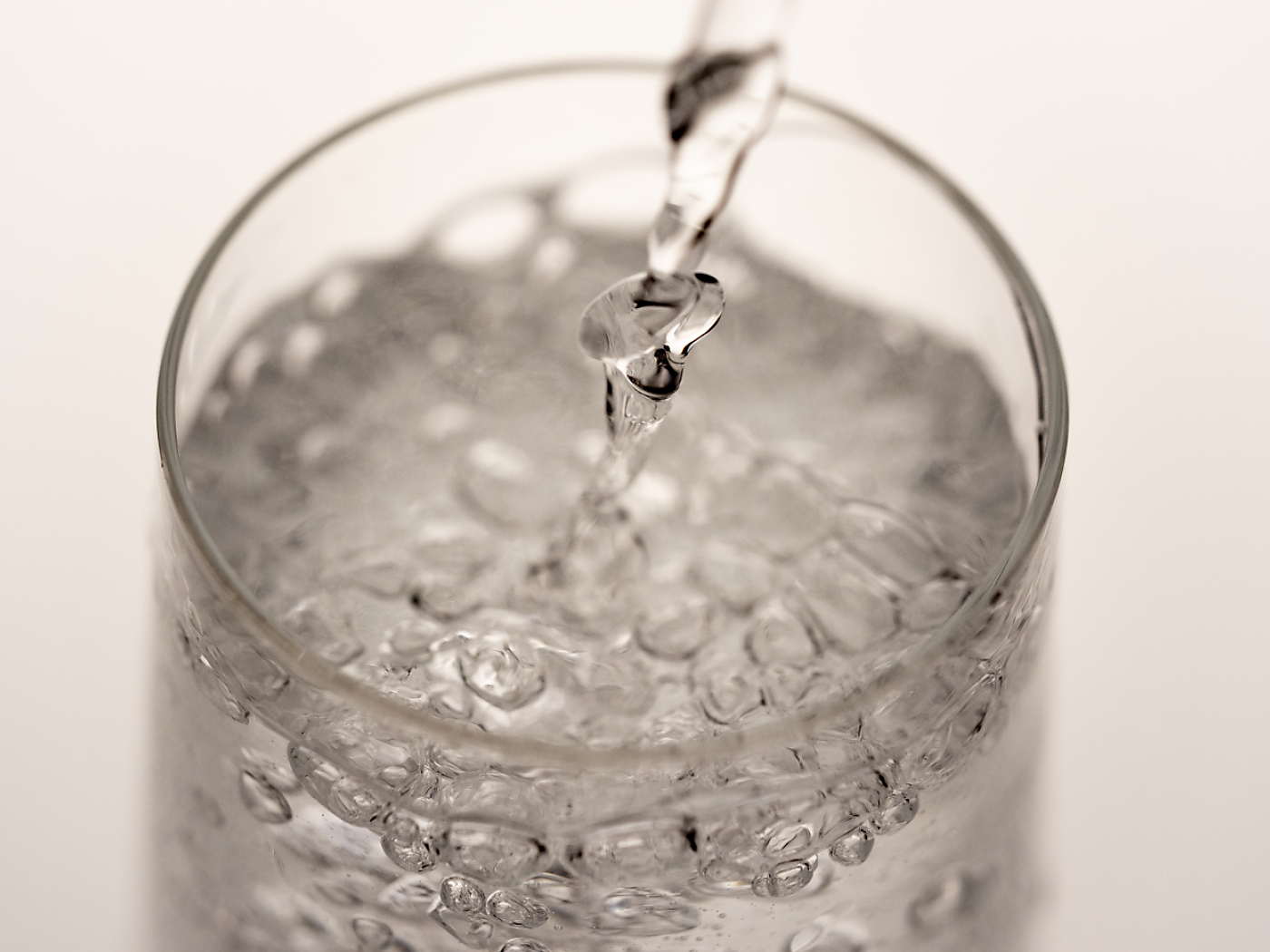

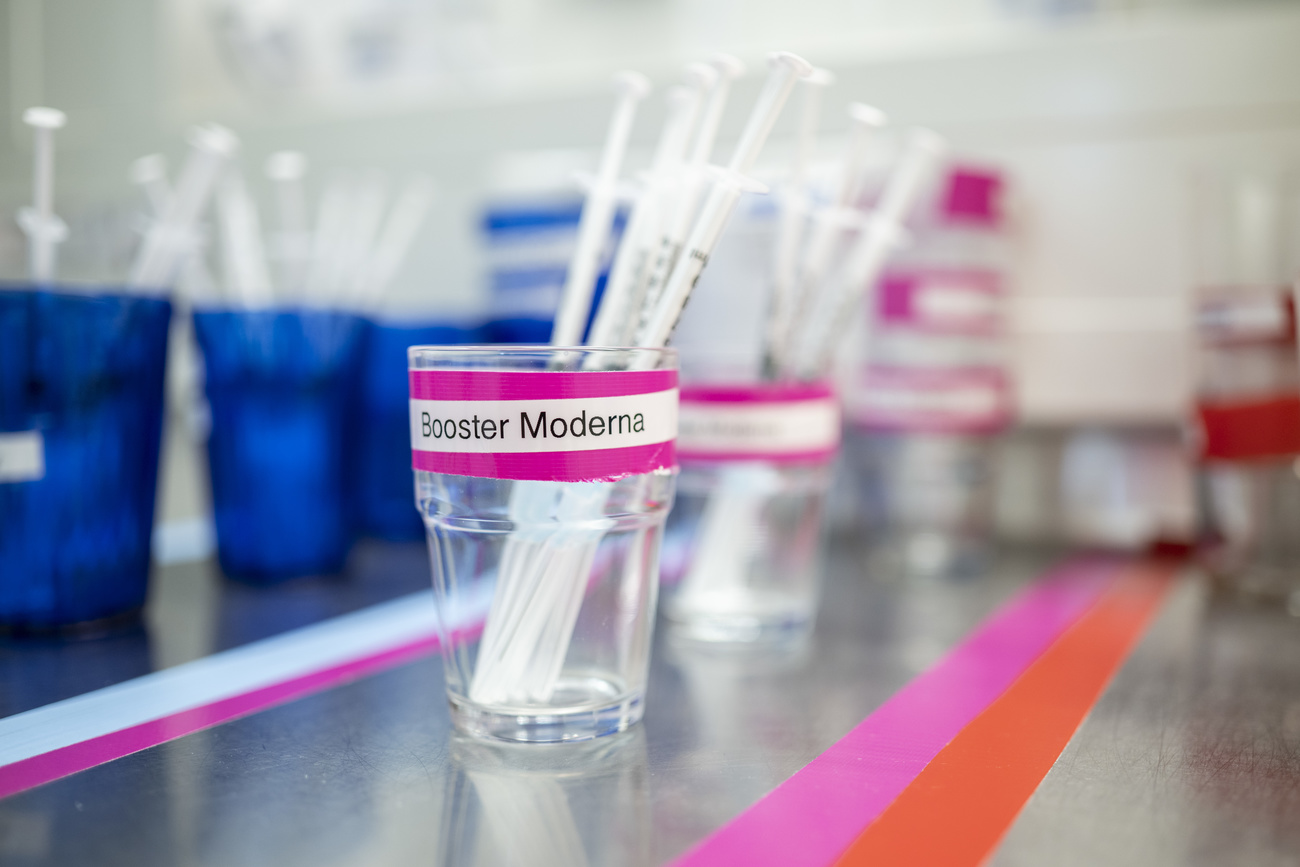

You can find an overview of ongoing debates with our journalists here . Please join us!
If you want to start a conversation about a topic raised in this article or want to report factual errors, email us at english@swissinfo.ch.